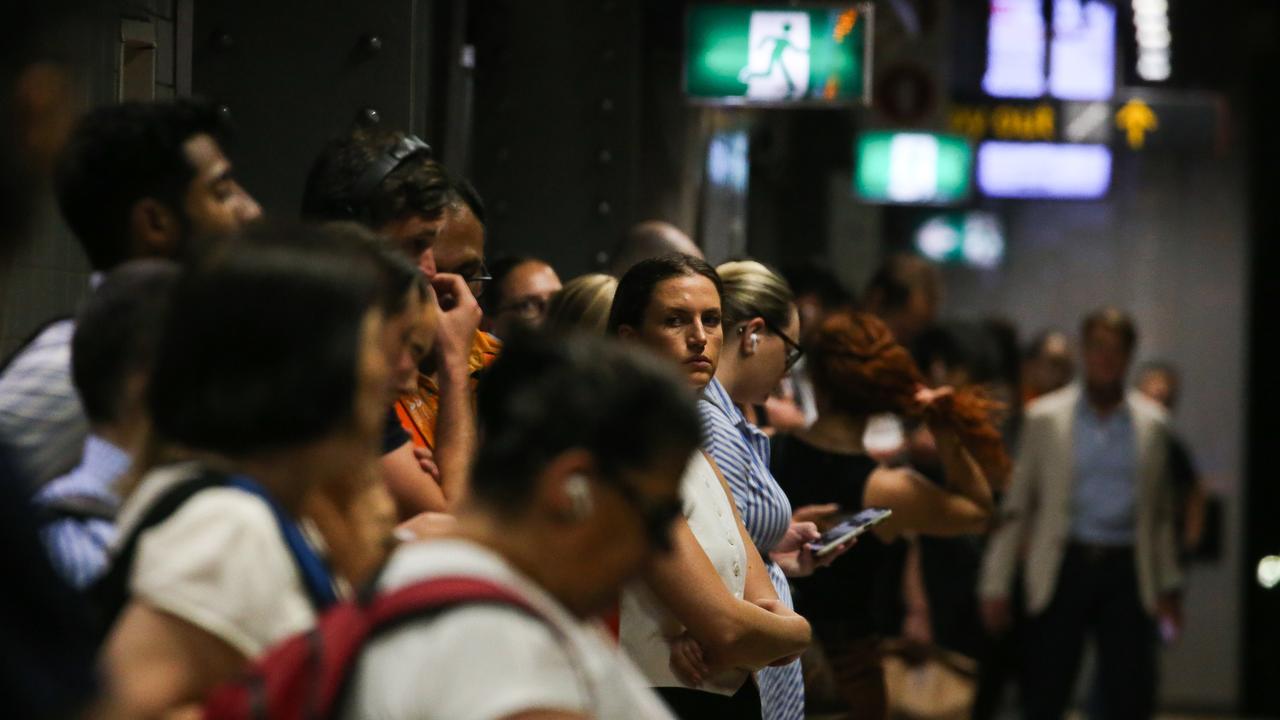58 per cent of Australian tech companies are losing staff over WFH mandates
Many of Australia’s tech companies have enforced tough work from home mandates but the move has backfired on them.

At Work
Don't miss out on the headlines from At Work. Followed categories will be added to My News.
Strict WFH mandates have tech workers leaving their jobs in droves in favour of companies that favour flexibility and remote working arrangements, a new study has found.
It seems one by one, major companies are forcing their staff to kiss WFH flexibility goodbye and return to daily commute, fluorescent lights and shared bathrooms of yesteryear’s pre-pandemic in-office way of life.
Amazon, Flight Centre, Tabcorp and the NSW Government are among some of the big names kicking WFH to the kerb, with a KPMG study even claiming that working from home will “largely be over” within the next three years.
But research from global human resources platform Remote has warned that flexible working arrangements is the key to attracting and retaining staff.

The study found that more than half of Australia’s tech companies are now actually losing workers after bringing back strict in-office mandates.
After surveying more than 4000 businesses, including 506 leaders in Australia, Remote found 58 per cent of local tech companies were losing their staff to rivals who offered better flexibility.
74 per cent of businesses reported increased demand for flexible working arrangements, giving big name companies like Atlassian, Telstra and Medibank – who have all declared working from home is here to stay – a competitive edge.
Atlassian has even poached workers who are outraged by return to office mandates by encouraging them to apply for any of the software giant’s 300-plus jobs.
“We have only just begun writing the playbook on remote work and will need to work together to identify and tackle these challenges,” Remote’s co-founder and chief executive Job van der Voort said, according to The Australian.


“This data echoes what we hear from many of our customers — the benefits of flexible and remote work far exceed the challenges.
“We believe that distributed work is paving the way to a more successful, balanced and fair business world and are committed to helping other companies in adopting flexible work and attract great talent from everywhere.”
Finding balance
The WFH debate is raging right now however there is one glaring problem that is being overlooked, with experts warning it could cause even more division.
Matt Loop, VP and Head of Asia at HR platform Rippling, has issued a warning to those reducing the conversation to the choice between working from home or being in the office.
Speaking to news.com.au, he said there needs to be a “shift” in how both sides are approaching this issue.
“Employers should be transparent about their expectations – after all, it’s within their right to establish how they want work to be done,” he said.
“At the same time, employees also have the right to decide if those expectations align with their needs.

“The focus needs to shift from a binary debate of ‘in-office’ versus ‘WFH’ to finding a balance that benefits both sides.”
He believes the more pressing issue presenting itself right now is about trust and transparency in the workplace.
Employers and business leaders need to be explicit about their expectations and how they want work to be conducted, and, in turn, employees need to be trusted to deliver on those expectations.
Mr Loop added that all signs indicate that Australia is at a “critical crossroads” when it comes to the future of hybrid and remote working, noting many businesses are grappling with stagnant productivity and feeling increased pressure from a stalling economy.
He said this is creating a “crisis of trust” between bosses and workers and is a clear sign that this debate isn’t as black and white as some may think.
“Ultimately, the focus should be on building a culture where expectations are clear, trust is strong, and results are what truly matter, ensuring both employers and employees are aligned and satisfied with the work dynamic,” he said.
– With Ally Foster
Originally published as 58 per cent of Australian tech companies are losing staff over WFH mandates





